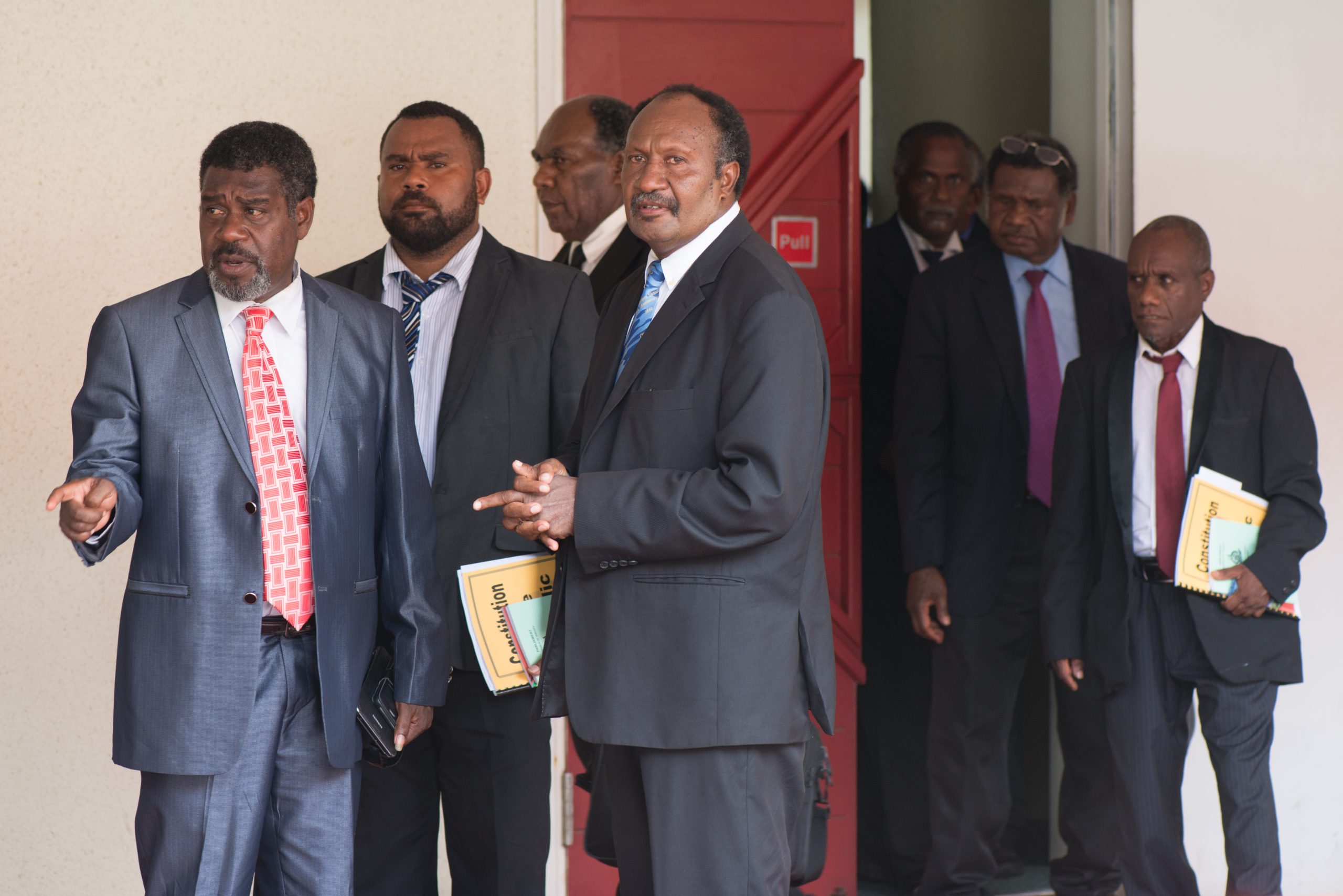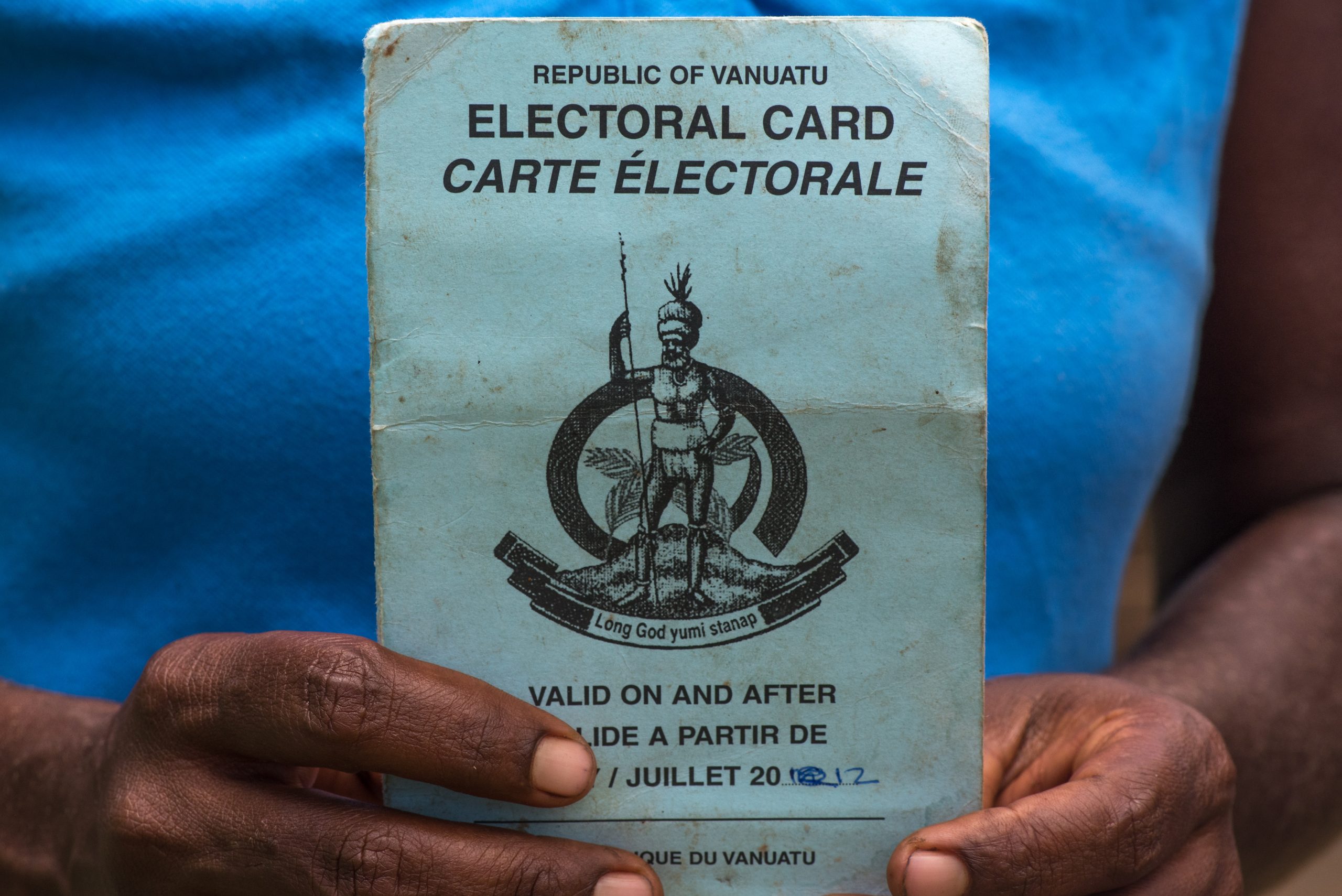It‘s easy to cast aspersions at the people who stood down on the wharf road yesterday and threw stones at a bus full of visitors. That kind of behaviour is unacceptable under any circumstances. No amount of frustration can justify such violence and intimidation.
The costs of such behaviour are difficult to calculate, too. There’s the immediate loss of approximately 5 million vatu daily in tours and activities that get booked by passengers before they arrive. There’s the knock-on benefits derived from staff income being spent closer to home, including bus and taxi fares.
Then there are the indirect costs. The lost fares for those very drivers whose frustrations have boiled over. The opportunity cost to the countless shops, handicraft vendors and duty free suppliers in and around town. The shifting perception of cruise operators, which might lead them to question their significant investment in Vanuatu as a destination.
Goodwill is priceless, and if we fritter that away simply because we can’t manage a single high-traffic location, then we really have to ask ourselves some basic questions about the direction this country is going in. Read more “Cooking the Goose”




